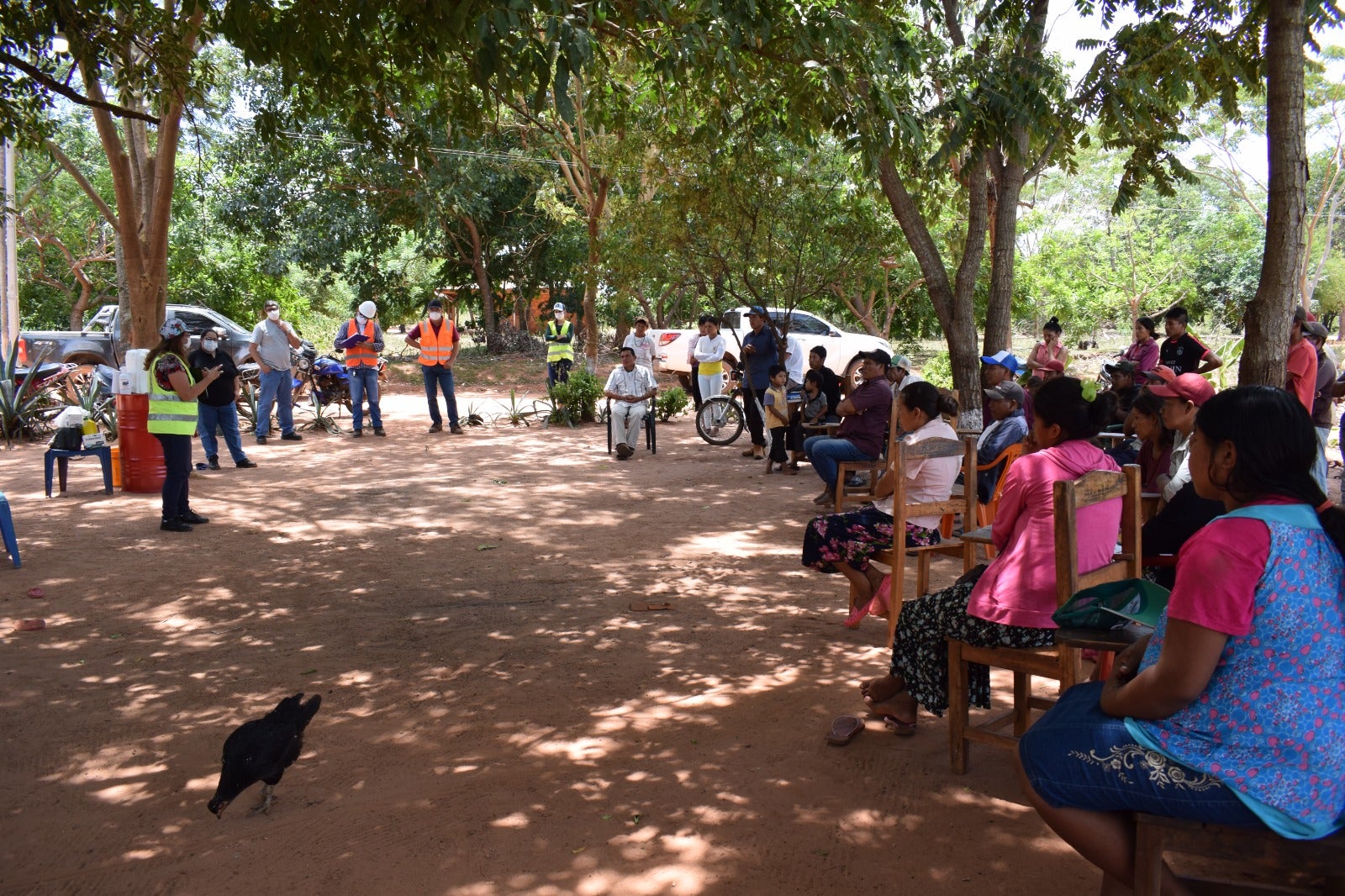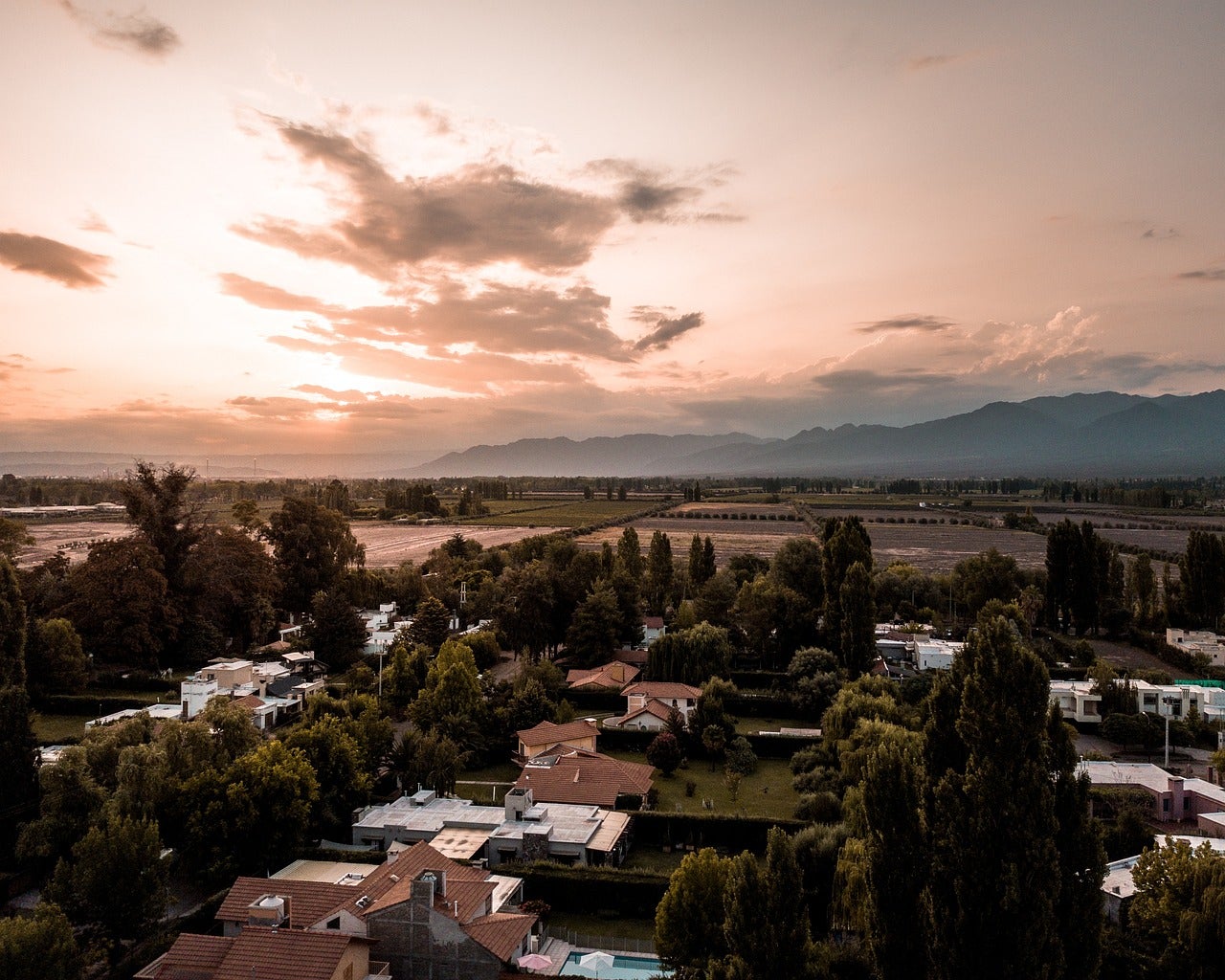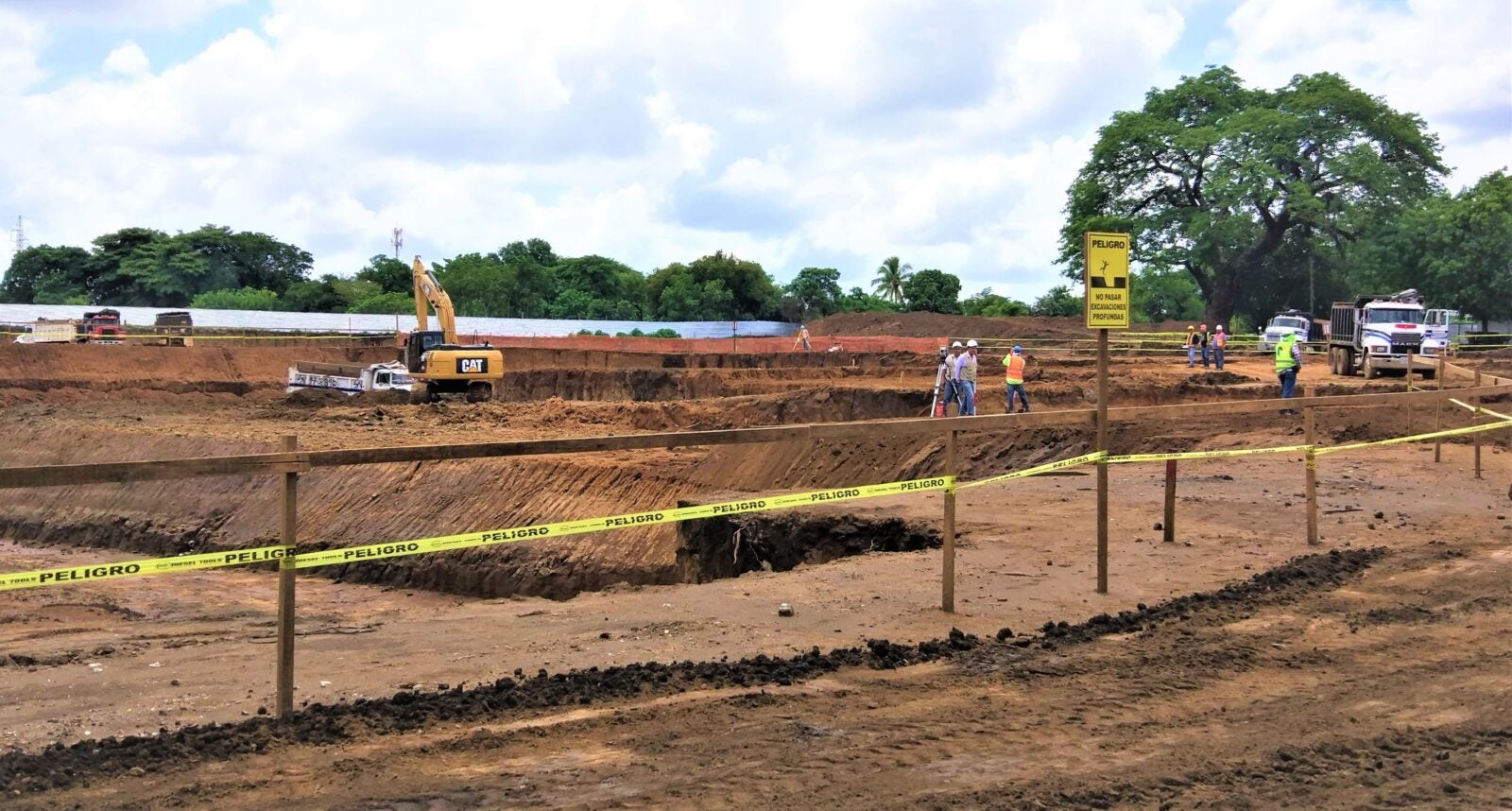Indigenous peoples have achieved recognition of their rights in multiple international instruments (e.g., ILO Convention 169, United Nations Declaration on the Rights of Indigenous Peoples) and national legislation. This recognition includes the self-determination of these peoples and their forms of governance, understanding them as socially and culturally differentiated … [Read more...] about Promoting sustainable development in Indigenous communities
Cultivating Sustainability: Composting and Kitchen Garden Initiative in Barbados
Composting is a concrete action to tackle climate change and it is expected to reach ~USD 5.7 billion by 2025. It is known that composting helps address climate change in various ways by: a) reducing the amount of methane released into the atmosphere, b) capturing carbon in the soil, lowering carbon dioxide emissions, c) helping grow plants and vegetables, which will also … [Read more...] about Cultivating Sustainability: Composting and Kitchen Garden Initiative in Barbados
Yes, reducing emissions and generating economic and social benefits in Colombia is possible!
Imagine waking up in any Colombian city in the mid-century, let’s say the year 2045, with access to 100% renewable energy for a warm shower and having breakfast with coffee from sustainable and low-carbon crops. Think of people heading to work riding an electric or regular bicycle - more affordable and faster - without worrying about traffic or air pollution. Picture cities … [Read more...] about Yes, reducing emissions and generating economic and social benefits in Colombia is possible!
Collaboration and Partnerships for Climate Finance
According to the IPCC’s Sixth Assessment Report, finance, international cooperation and technology are critical enablers to accelerate climate action. There is sufficient global capital and liquidity to close global investment gaps, but there are barriers to redirecting capital to climate action both within and outside the global financial sector. At the Sustainable … [Read more...] about Collaboration and Partnerships for Climate Finance
Socio-environmental monitoring: How to drive the success and sustainability of development projects
Have you ever wondered how projects financed by the Inter-American Development Bank (IDB) are supervised in accordance with our socio-environmental policies and guidelines? Or even, what is the purpose of such supervision? Socio-environmental monitoring and supervision is an exciting process: it involves monitoring, reviewing and reporting on a regular basis on the … [Read more...] about Socio-environmental monitoring: How to drive the success and sustainability of development projects





